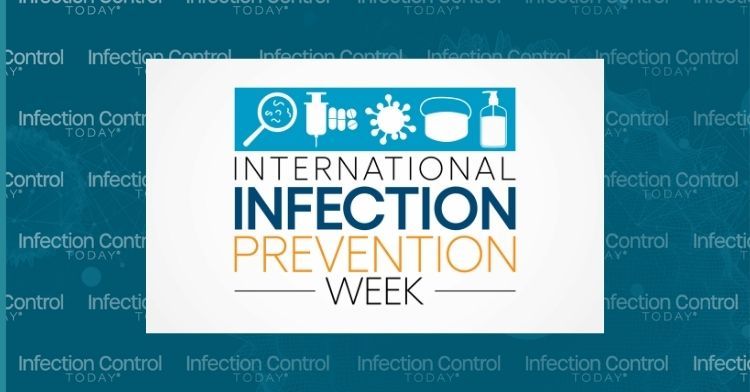Infection
INFECTION PREVENTION: A Poem for International Infection Prevention and Control Week
International Infection Prevention Week is observed every year in October, in which family members and health care professionals are reminded of the importance of infection prevention and control
(Adobe Stock 449539370 by Waseem Ali Khan)
International Infection Prevention and Control Week is a week set aside for the international community to highlight and celebrate the importance of infection prevention and control in health care and other settings. It remembers everything infection prevention and control (IPC) personnel do to keep staff, patients, clients, and themselves safe from the pathogens that can cause disease.
This week serves several key purposes.
- Education and Awareness: It provides an opportunity to educate health care professionals, patients, and the public about the significance of infection prevention and control measures. This includes practices like hand hygiene, proper disinfection, and vaccination.
- Highlighting Best Practices: This IPC week emphasizes the importance of following best practices in IPC. It allows health care institutions to showcase their efforts and achievements in keeping patients and staff safe from infections.
- Preventing Health Care-Associated Infections(HAIs): HAIs are a significant concern in health care settings. International Infection Prevention and Control Week focuses on strategies and initiatives to reduce the incidence of these infections, which can have serious consequences for patients.
- Global Collaboration: It encourages health care facilities and organizations worldwide to collaborate and share their experiences and expertise in infection prevention. This global perspective helps in the continuous improvement of infection control measures.
- Protecting Vulnerable Populations: The week’s activities highlight the importance of protecting vulnerable populations, such as older persons, immunocompromised individuals, and newborns.
- Preparedness for Outbreaks: In the face of global health crises like pandemics, the week underscores the need for preparedness and robust infection control measures to prevent the rapid spread of infectious diseases.
To highlight the IPC education, Michele F. Pedrani, MS, RN, CIC, CSN-NJ, offers her poem “Infection Prevention” for your enjoyment. It can be used for anyone in the IPC profession as well as those still learning about IPC processes and guidelines.
Pedrani has been a registered nurse for 30 years, 28 of which have been spent at Robert Wood Johnson University Hospital (RWJUH) in New Brunswick, a 600+ bed academic medical center in Central New Jersey. She has been an infection preventionist since 2010 and director of infection prevention for RWJUH since 2021.
Infection Prevention
Infection Prevention is a world quite unique
For the source of infection is what we seek.
Identifying infections using specific definitions
Exploring all data and all suspicions.
Looking at cases with a fine-toothed comb,
Was the germ acquired here or brought from home?
Sifting through evidence, case by case
Looking for sources all over the place.
From unit surveillance to data collection,
We get to the bottom of every infection.
After assessing the situation,
We place the order for isolation.
From pie charts and bar graphs to spreadsheets galore,
We compile the data for you to explore.
CAUTI, CLABSI, MRSA, VAP
We’ll give you the rates at a finger’s snap.
In staff education on C. diff and VRE,
We stress impeccable hand hygiene and proper PPE.
So, when you see us in the hallways, don’t think that we’re mean,
We’re doing our job and keeping it clean.
Yes, Infection Professionals are such a rare breed,
From acute care to long-term, there’s always a need.
To truly understand our cherished role,
It’s Infection PREVENTION, NOT Infection CONTROL!
—Michele Pedrani
International Infection Prevention and Control Week reminds us of the ongoing efforts needed to maintain safe health care environments and prevent the spread of infections in health care facilities or the broader community.

